Due to customers’ growing awareness of their looks and overall health, the personal care industry has been expanding rapidly. Things have changed a lot since the days when everyone in a household used the same big, bulky products. Now, each person has their own personalized routine. The need for personal care goods has increased dramatically as a result, making the manufacturing of personal care products a lucrative and competitive industry. This Complete guide will provide you all the information you need if you’re thinking about getting into the personal care manufacturing industry and want to know how your favorite skincare or hair care products are made. Our goal at Greenphyll is to provide you with superior, all-natural, and potent products that improve your everyday grooming regimen.
A. Understanding Personal Care Manufacturing:
Personal care Production means making things we use to take care of our skin, hair, and overall Taking care. This includes things like lotions, creams, serums for the skin, and shampoos, conditioners, and styling products for hair. The process starts by finding good ingredients, mixing them to create the product, then producing and packing All things so it’s ready to sell.
B. Key Steps in Personal Care Manufacturing:
Research and Development: This is the first stage where manufacturers analyze market trends and consumer needs, conducting research to create innovative and effective products. Many personal care product manufacturers have developed a diverse range of products over time, often Providing ready-to-use formulations.
Raw Material Sourcing: Manufacturers source ethical, high-quality raw materials from trusted suppliers. These materials Usually include Required oils, botanical extracts, vitamins, minerals, and various chemicals.
Formulation:
At this step, the manufacturer mixes the chosen raw materials to create a formula that fits the required standards. For new products, they try different ingredient combinations and amounts. For existing products, they adjust and blend ingredients based on a set recipe.
Manufacturing Process:
After the formula is set, the product moves into the manufacturing stage. This means carefully measuring, heating, and mixing the Elements using big machines to create the final product. Sometimes, steps like blending, filtering, and sterilizing are also done.
Quality Control:
Making sure products are safe and consistent is super important. That’s why manufacturers run thorough tests to check how stable and effective the product is, and to ensure everything is mixed evenly.
Packaging:
Once the product passes quality checks, it’s packed into containers like bottles, jars, or tubes that suit the product. Labeling and batch coding are also applied during this stage.
- Dispatch: The final step involves shipping the products to the respective brand owners. As soon as a brand’s manufacturing process is complete, the products are dispatched to them.
- After-Sales Services: These services serve as proof of a company’s commitment to its clients. Even after delivery, a trustworthy manufacturer will go the extra mile to support their clients, assisting them in every possible way to facilitate their market entry and streamline their processes.
C. Compliance and Regulations:
Personal care manufacturing is governed by various regulations to ensure consumer safety and product effectiveness. These regulations differ across countries and may cover areas such as labeling, ingredient disclosure, manufacturing standards, and product testing. Manufacturers must remain informed and comply with the most current regulations to prevent legal complications.
D. Trends and Innovations:
The personal care industry is always changing, shaped by what customers want and new technology. Manufacturers stay ahead by adding the latest trends and innovations to their products. This means trying different ingredients, using creative packaging ideas, and adopting new technologies as they come along.
E. Challenges in Personal Care Manufacturing:
The personal care industry has many great opportunities, but it also comes with some challenges. These include finding good-quality raw materials at the right price, keeping product quality consistent, meeting deadlines, handling supply chain issues, and standing out in a crowded market. To succeed, businesses need careful planning, smooth operations, and the flexibility to adapt as the market changes.
conclusion
In conclusion, personal care manufacturing is a Complex process that spans research and development to distribution. Manufacturers must navigate regulatory compliance, Accept industry trends, and tackle challenges to Succeed in this competitive environment. By understanding the crucial elements of personal care manufacturing outlined in this guide, you can gain valuable insights into the industry and Notice the effort involved in creating products that Improve our daily routines.






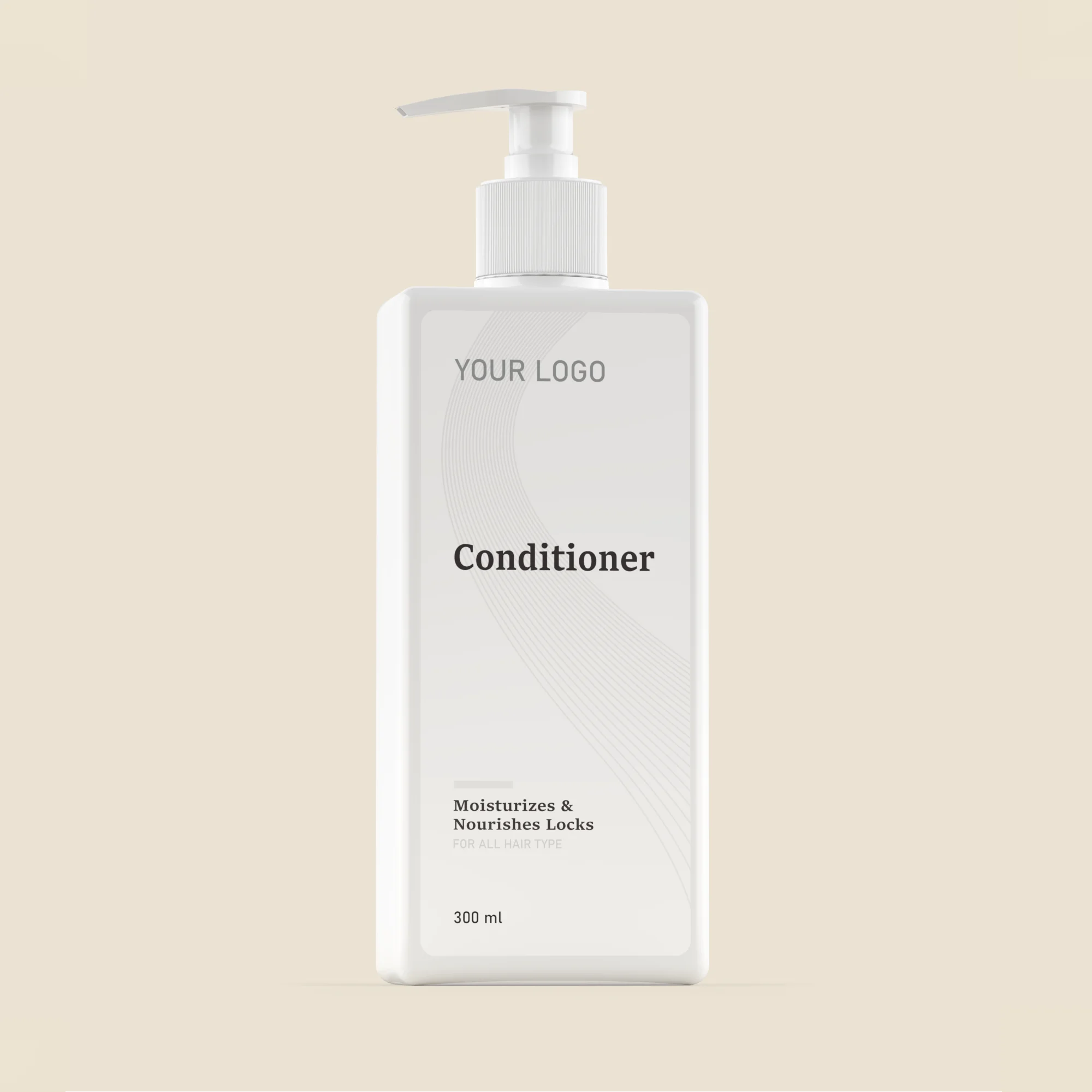
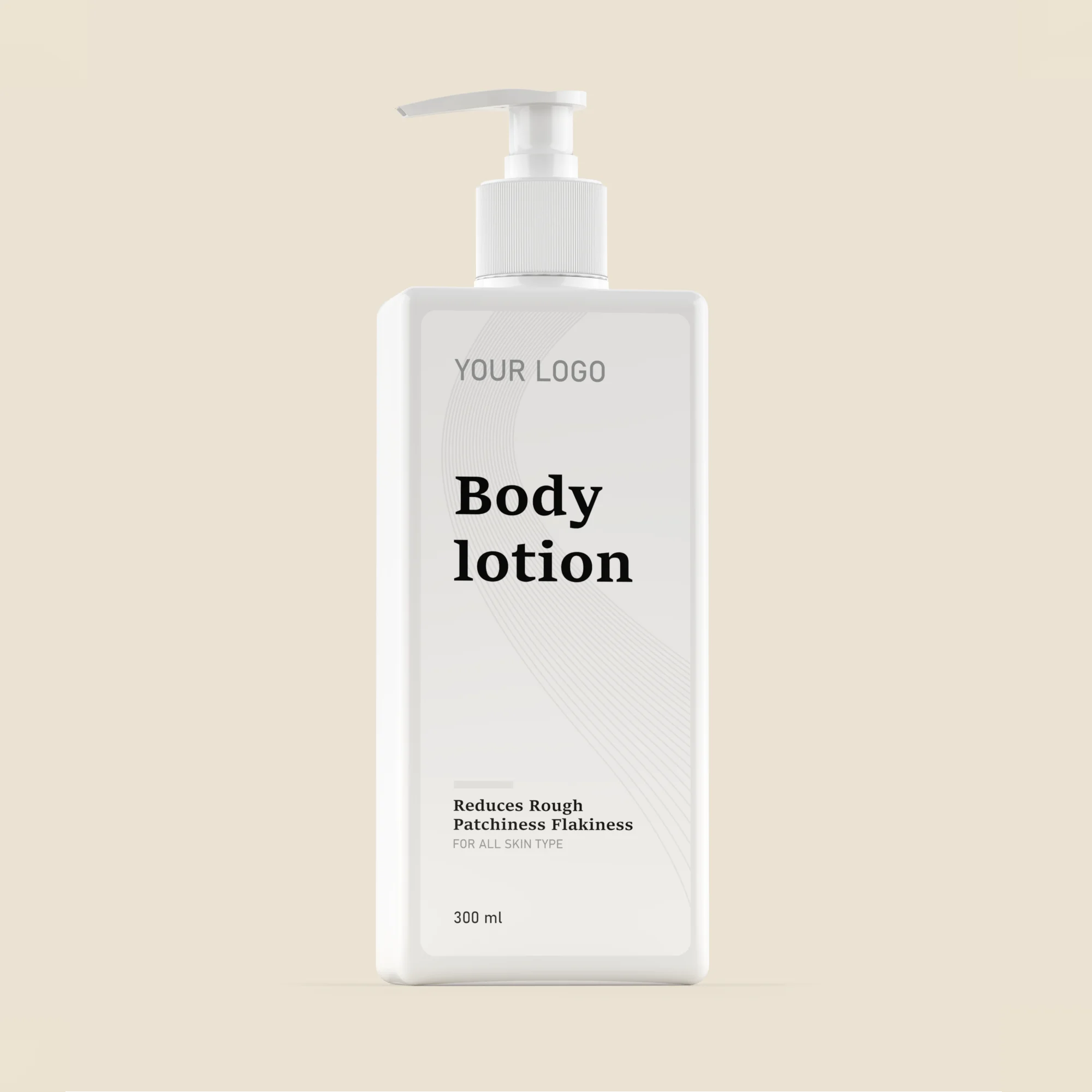
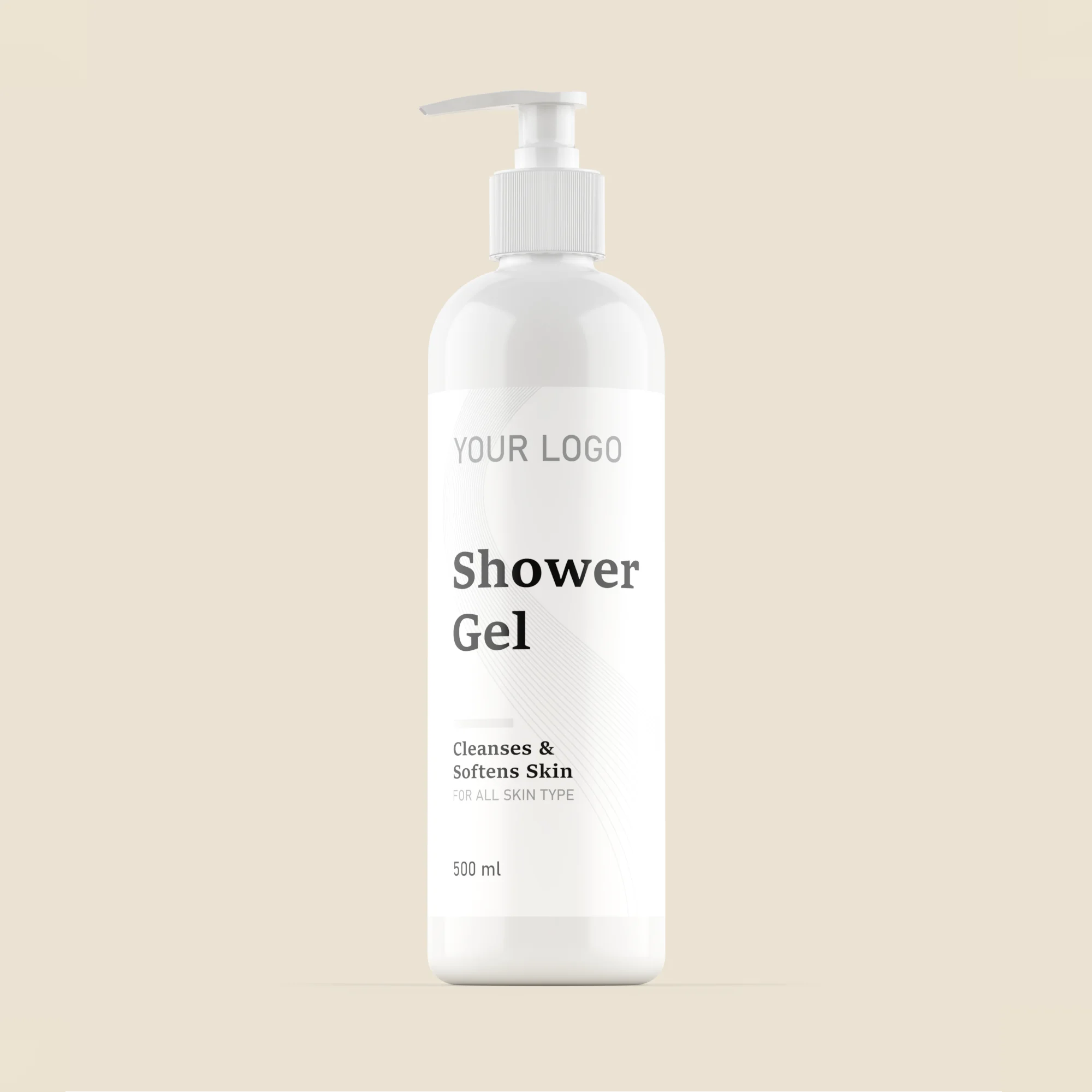
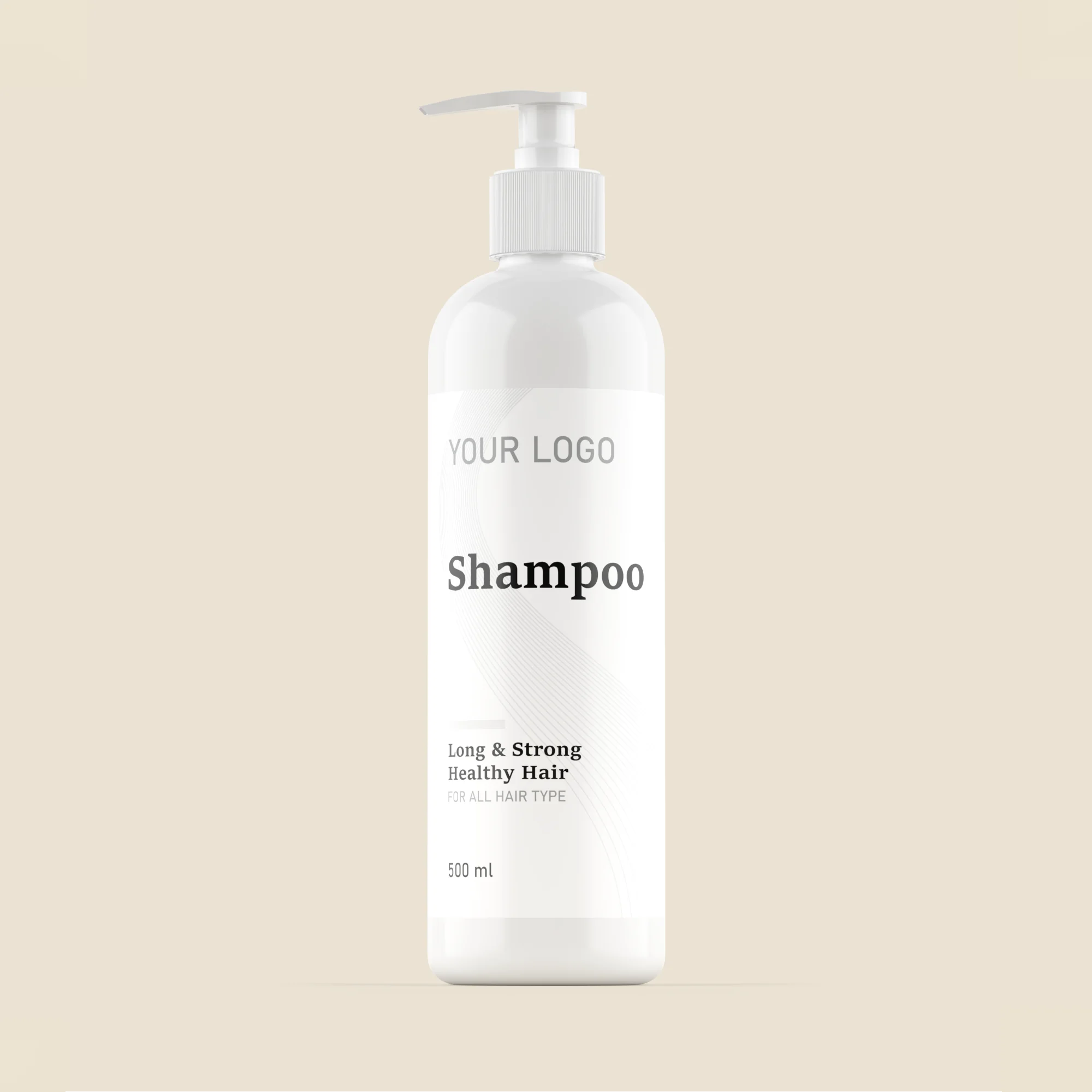
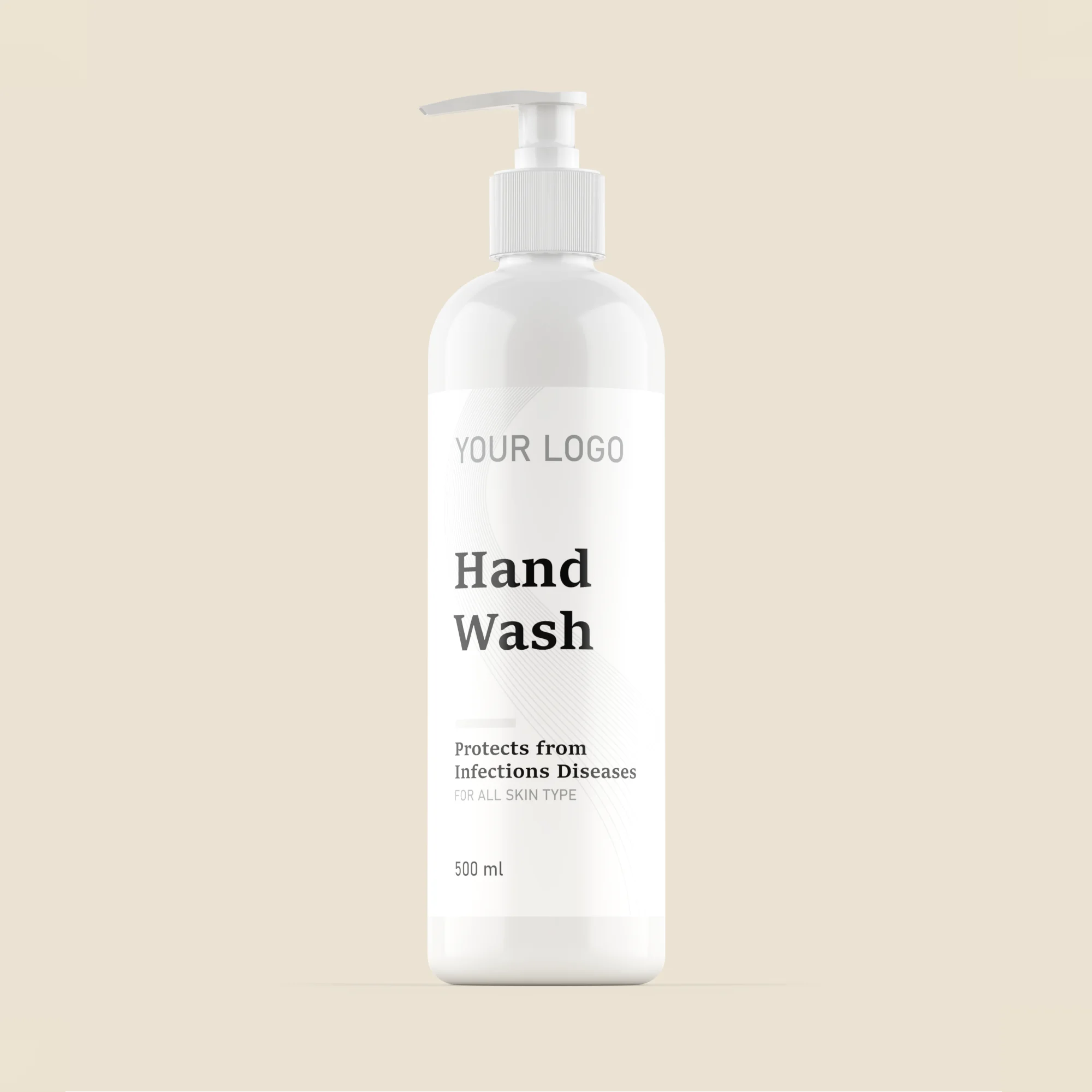
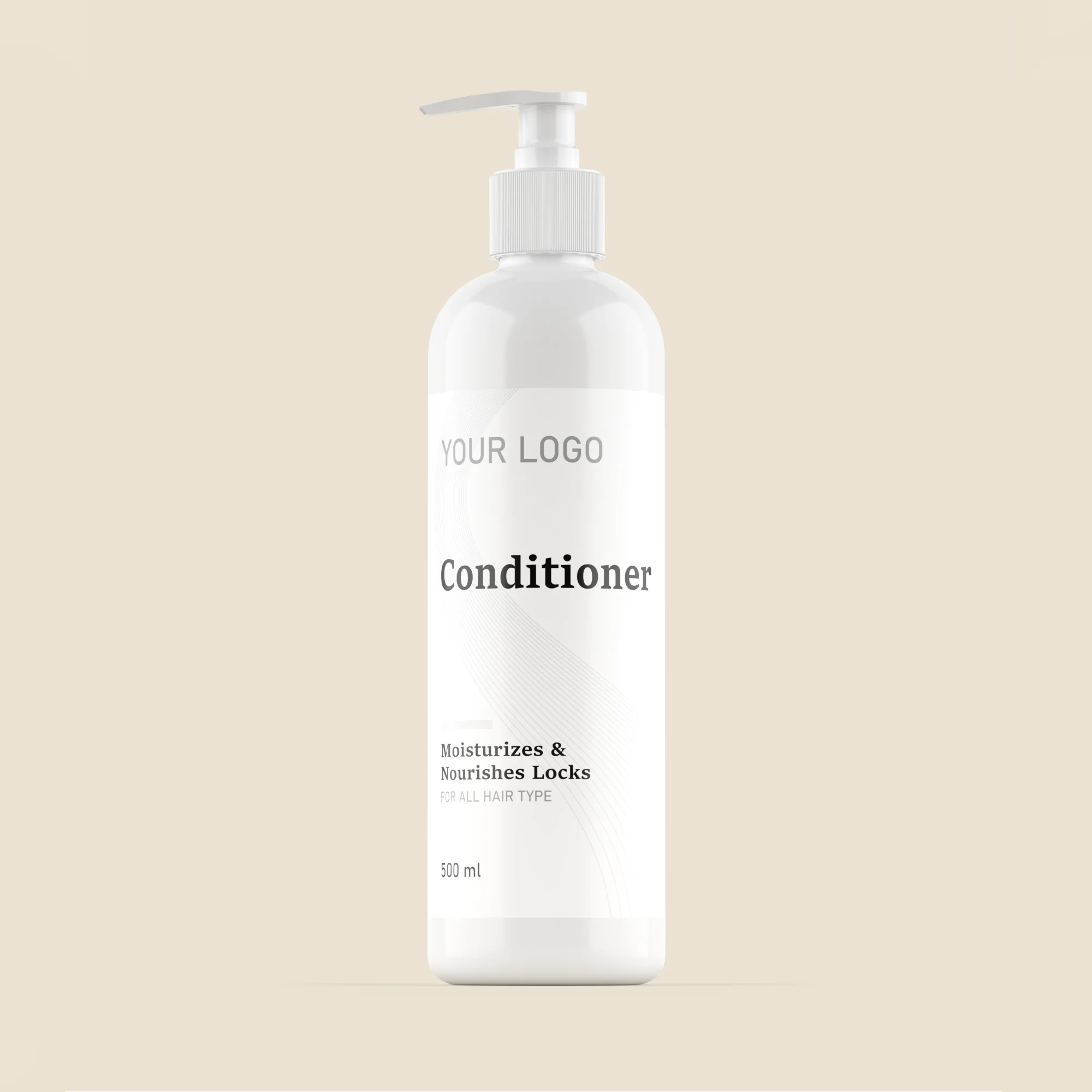
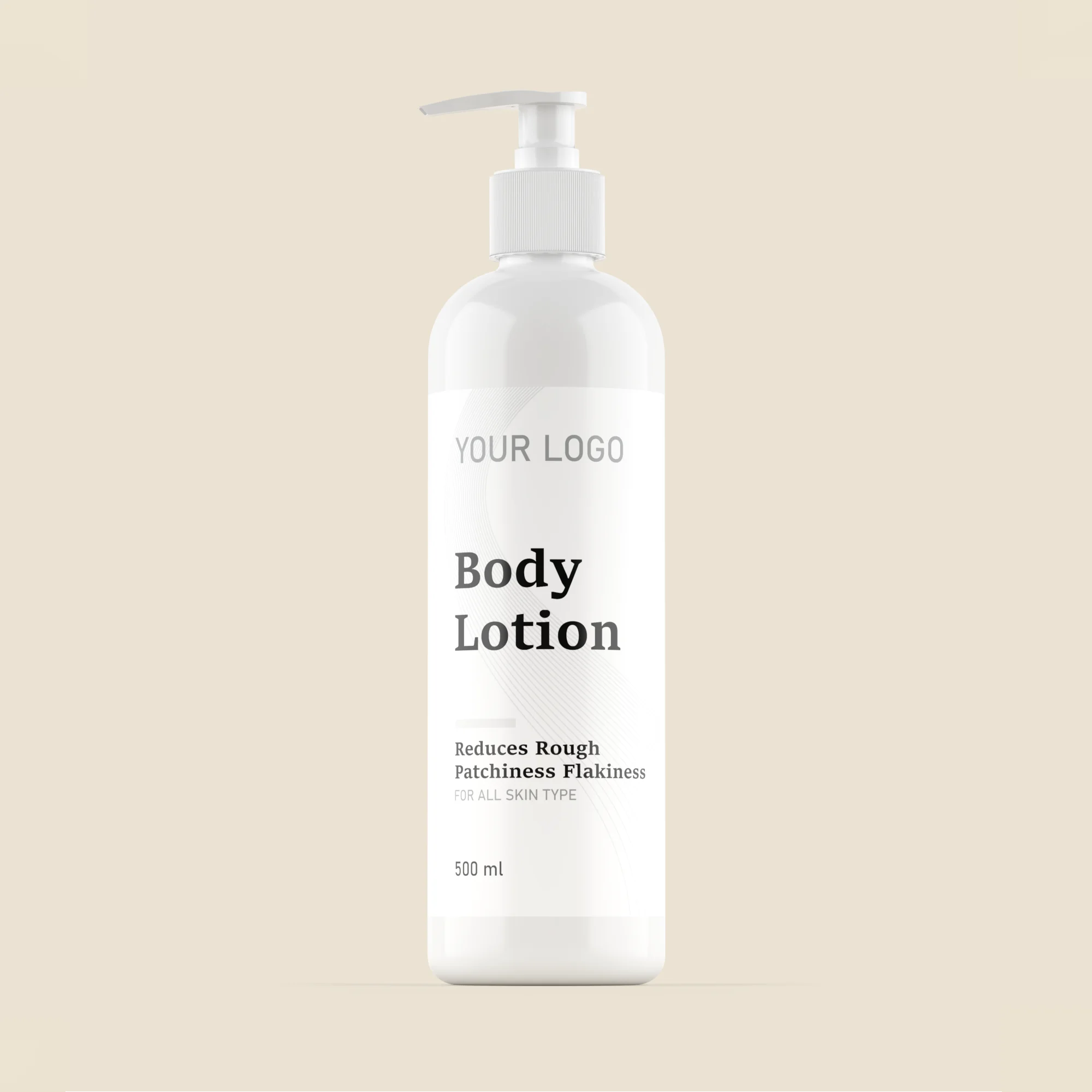

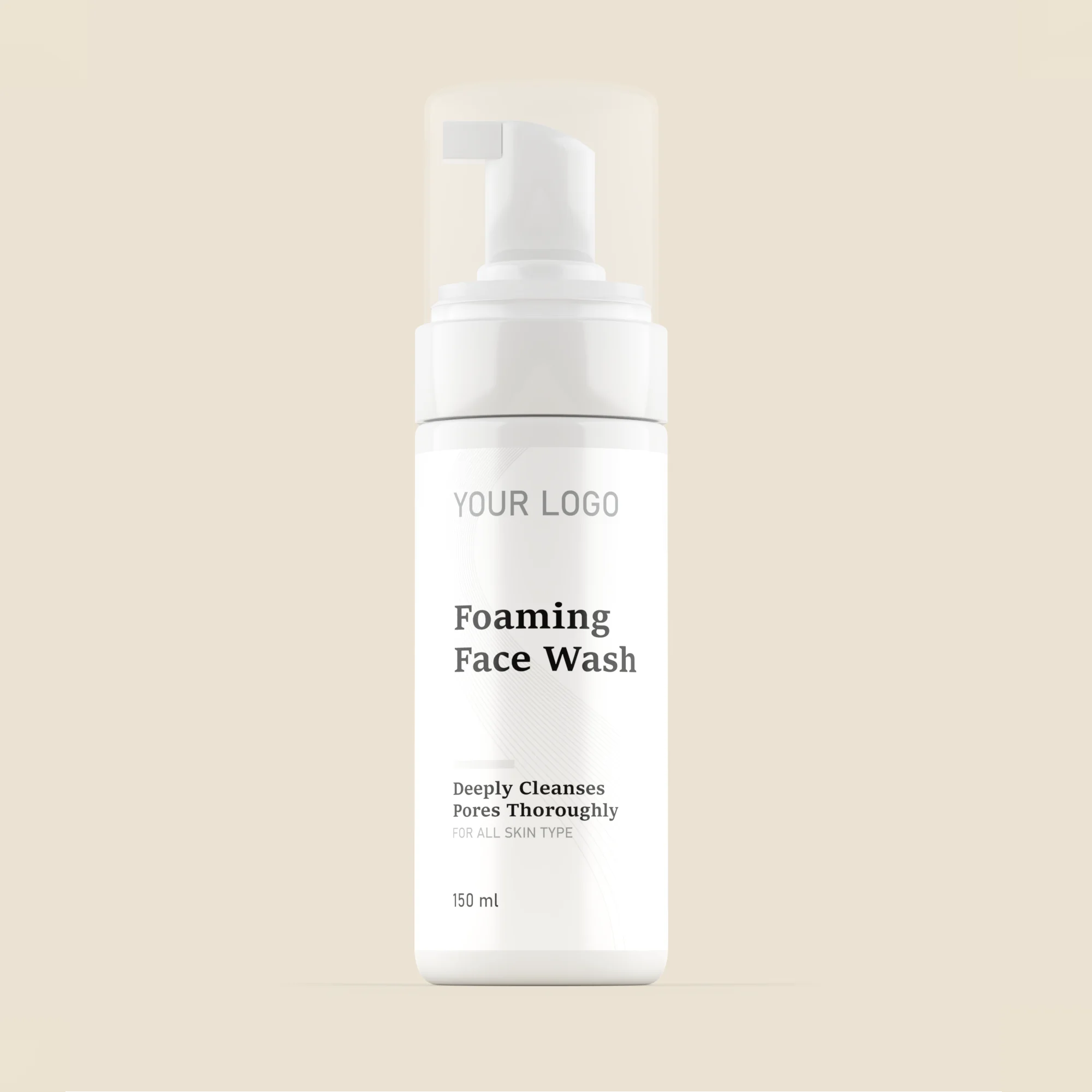
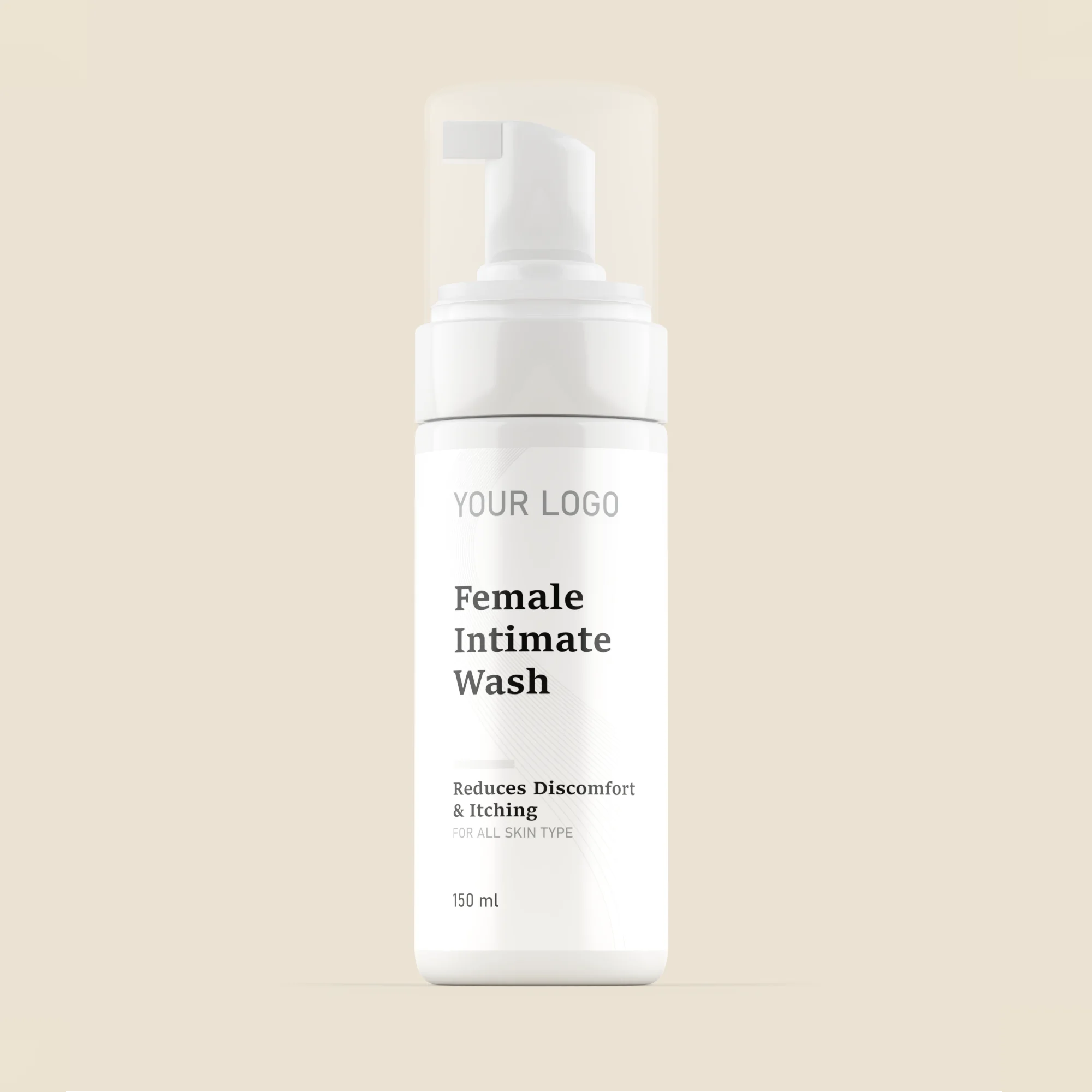
Sollicitudin aliquam ultrices sagittis orci a scelerisque. Nunc mattis enim ut tellus. Enim blandit volutpat maecenas volutpat blandit aliquam. Consequat ac felis donec et odio pellentesque diam. Sed cras ornare arcu dui vivamus arcu felis bibendum. Tortor consequat id porta nibh venenatis cras sed.
rwewewewewewewewewewewewewewewewewewewewewewewewewewewewe
DSWCVWSDCVSDCSDCSDCS